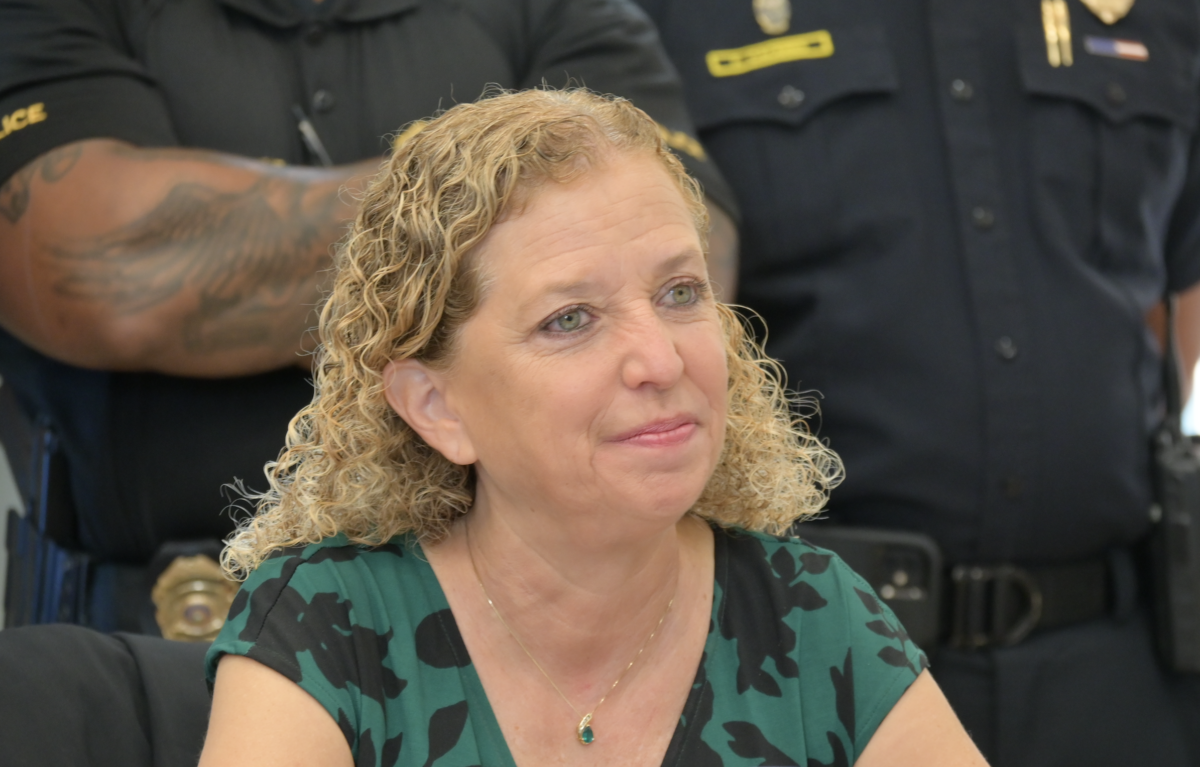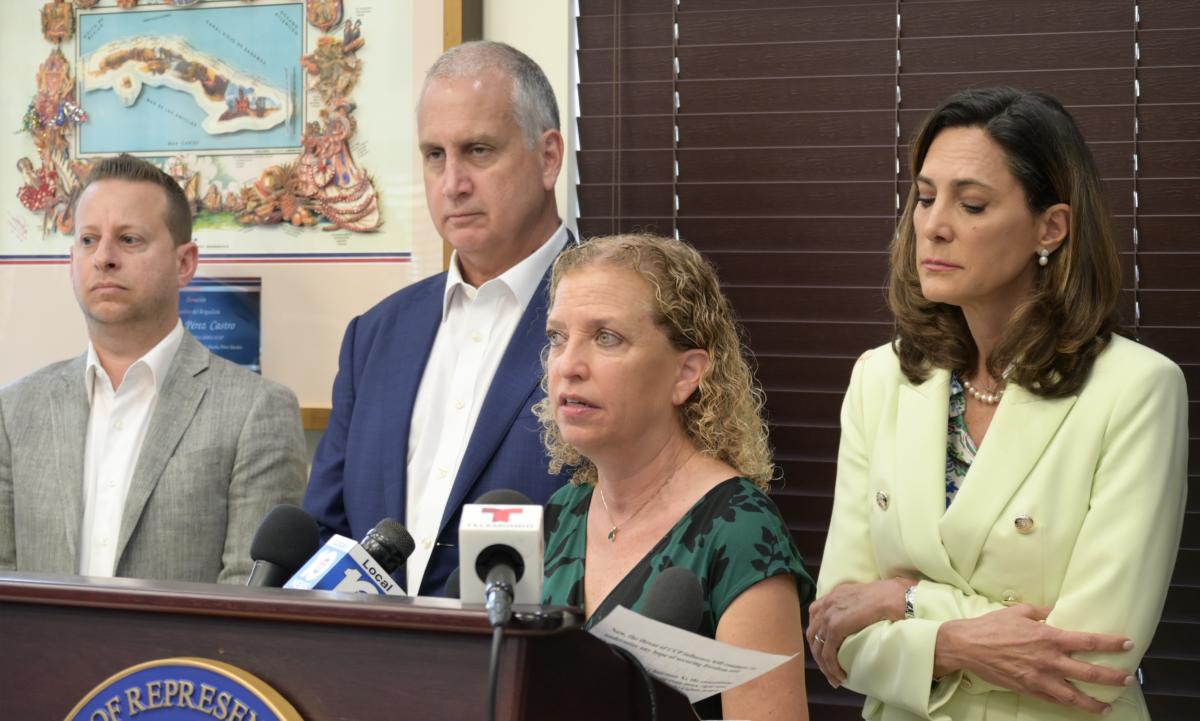In the internet age, parents must be wary of what their kids are doing online. Representative Debbie Wasserman Schultz (D-FL) has introduced a bipartisan bill designed to alert parents when their kids are engaged in a potentially dangerous interaction over the internet, thus allowing them to react effectively.
This bill is named "Sammy's Law," after a young man named Sammy Chapman. The 16-year-old Chapman bought cocaine over the social media site Snapchat, which was laced with a lethal dose of fentanyl, killing him in February 2021. Chapman's mother, Dr. Laura Berman, sued Snapchat as partially responsible for her son's tragic death and has campaigned for the passage of Sammy's Law ever since.
Other statistics in Rep. Wasserman Schultz's press release show that heavy social media use increases levels of depression and anxiety in minors, while one in four see advertisements for illicit drugs on sale through these same channels. Even worse, child sex crimes have become digitized, as 5% of minors have said they were victims of sextortion.
As a result, Sammy's Law would mandate social media companies provide data indicating dangerous content on a minor's social media through third-party safety apps to parents, allowing them to intervene in time to prevent further tragedy. In the example provided, if a minor expresses suicidal thoughts online, their parent would be alerted through one of these apps, allowing them to provide mental health support that much faster.
"All parents worry about what their child is seeing or receiving on social media. As the mother of three children who grew up with the world at their fingertips, I constantly worried about what my children were exposed to online, on social media, and through apps that profit from sharing messages which are intentionally designed to disappear without a trace," said Rep. Wasserman Schultz, adding that she was "proud to introduce bipartisan legislation to give parents a more balanced level of access to supervise and manage their kid's social media and online presence during the most vulnerable stages of a child’s life."
In July, Senator Rick Scott (R-FL) introduced a bill to counter the sale of drugs, especially fentanyl, over social media, saying, "Fentanyl and other deadly drugs are making their way to Floridians’ doorsteps, not only through the dark web and drug dealers on the streets but now through social media apps that our kids have access to."
That same month, Florida Attorney General Ashley Moody demanded Meta CEO Mark Zuckerberg testify before the Florida Statewide Council on Human Trafficking on the alarming amount of recruitment into trafficking and child sexual abuse material found across the Meta umbrella of apps (Facebook, Messenger, Instagram, and WhatsApp).












